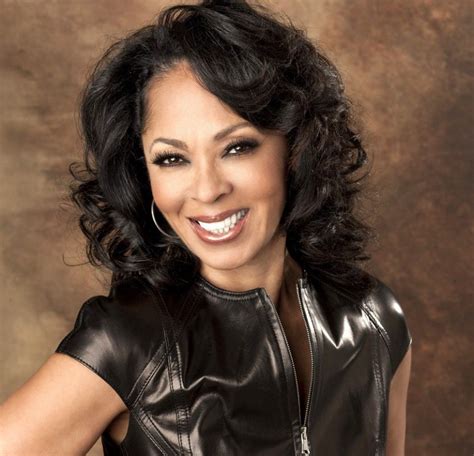A Quote by D. A. Carson
Ordinary Bibles often include cross-references and brief concordances; Study Bibles include much more, all bound up in one fat volume, so that readers can find a lot of useful explanation on each page without having to hunt through Bible dictionaries and commentaries and the like.
Related Quotes
"Study Bible" is the expression used for Bibles that include significant explanatory notes, usually at the bottom of the page, sometimes in the margins. Often a Study Bible will also include some brief articles, photographs of geographical and archaeological sites, fairly extensive maps, and charts that summarize a lot of information.
There is more Bible buying, Bible selling, Bible printing and Bible distributing than ever before in our nation. We see Bibles in every bookstore - Bibles of every size, price and style. There are Bibles in almost every house in the land. But all this time I fear we are in danger of forgetting that to HAVE the Bible is one thing, and to READ it quite another.
Most of my library consists of books on the Catholic faith: conversion stories, books on saints and Early Church Fathers, Apparitions of Mary, prayer books, Scriptural resource books on Apologetics, Typology, concordances, bible dictionaries, bible encyclopedias and at least 40 bibles - both Catholic and Protestant editions in several different translations.
I myself discovered many authors through school reading lists and through school anthologies. The positives are: young readers can find the world opening up to them through books they study. The negatives may include bad experiences kids have - if they don't like the book or the teacher, or the way the book is taught.
Study Bibles tend to circulate widely, so they play a disproportionate role in helping Christians and others understand holy Scripture. Further, many of our members have long used one or two other Study Bibles, and it is important that Christians not be tied too tightly to only one option, however good it may be.
The history of religions, of which Christianity is a transcendent element, awaits the deepest study. It requires Bibles to free from Bibles. Comparative theology is the best of studies for liberating one's mind from geographical and traditional limitations. Like travelling, it shows the globe in its varying climates and zones, its latitude and longitude of intelligence. When the races shall have learned each other's language, the significance of things to thoughts, one faith becomes universal, one brotherhood.
We often sometimes forget that- prior to the invention of removable pipe- there really were no English Bibles. We have treasures, we have Bibles in every size and shape and color. But there's a failure to recognize what's contained inside the cover of the Bible. We grow apathetic, and I think that the issue is reacting to the Word of God. Not just carrying, but get back into the Word of God and then get the Word of God into us. It's all about mining the scripture, memorizing the scripture, and meditating with our scripture.
The Bible is full of interest. It has noble poetry in it; and some clever fables; and some blood-drenched history; and some good morals; and a wealth of obscenity; and upwards of a thousand lies. This Bible is built mainly out of fragments of older Bibles that had their day and crumbled to ruin. So it noticeably lacks in originality, necessarily. Its three or four most imposing and impressive events all happened in earlier Bibles; there are only two new things in it: hell, for one, and that singular heaven I have told you about.
Is there deeply embedded change within our industry? And I would say, as a black filmmaker, it's easy for me to focus my attention on black work, but true change would include brown work, and it would include work by Asian-Americans, and it would include natives, and it would include women, and it would include more LGBTQ voices.

































